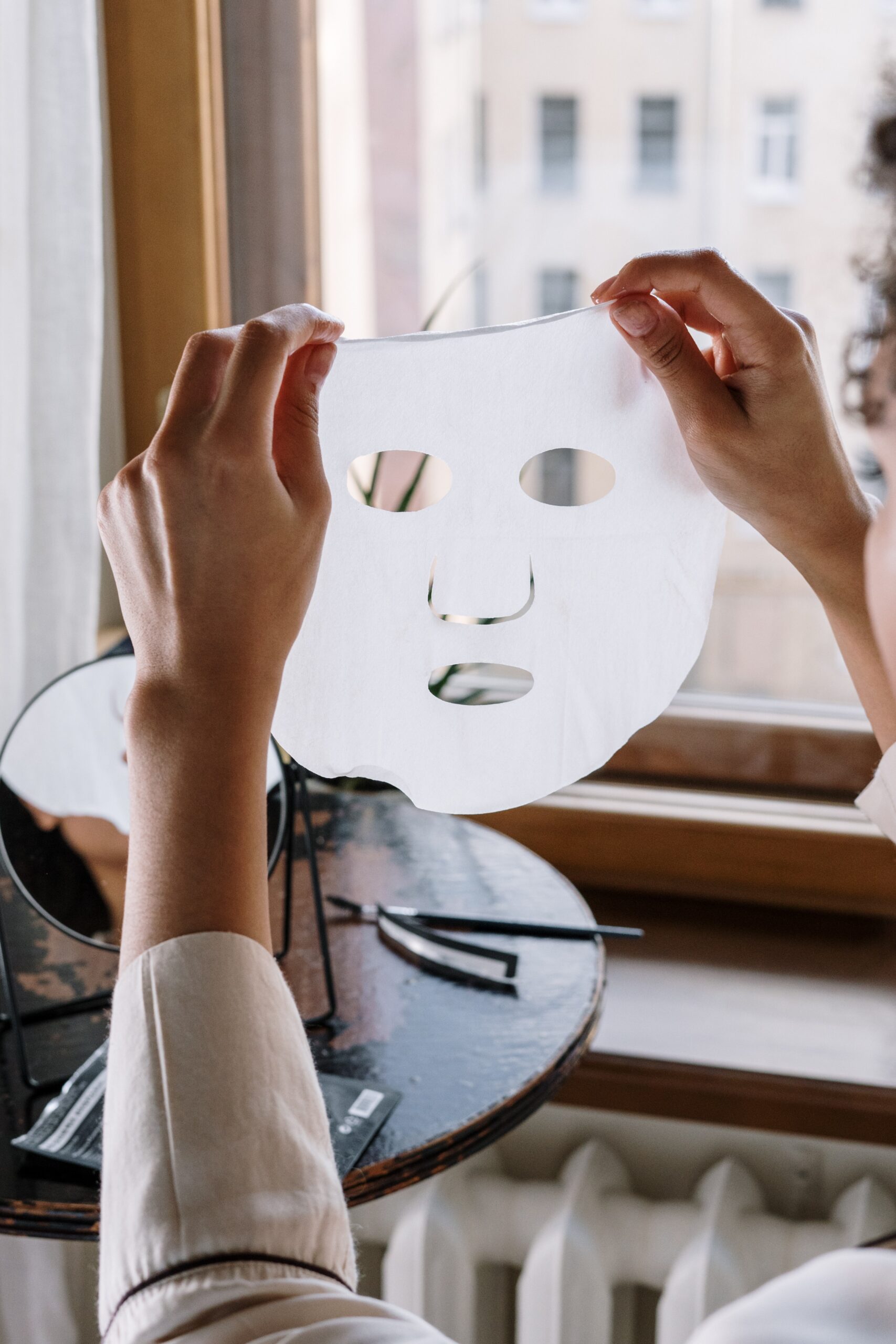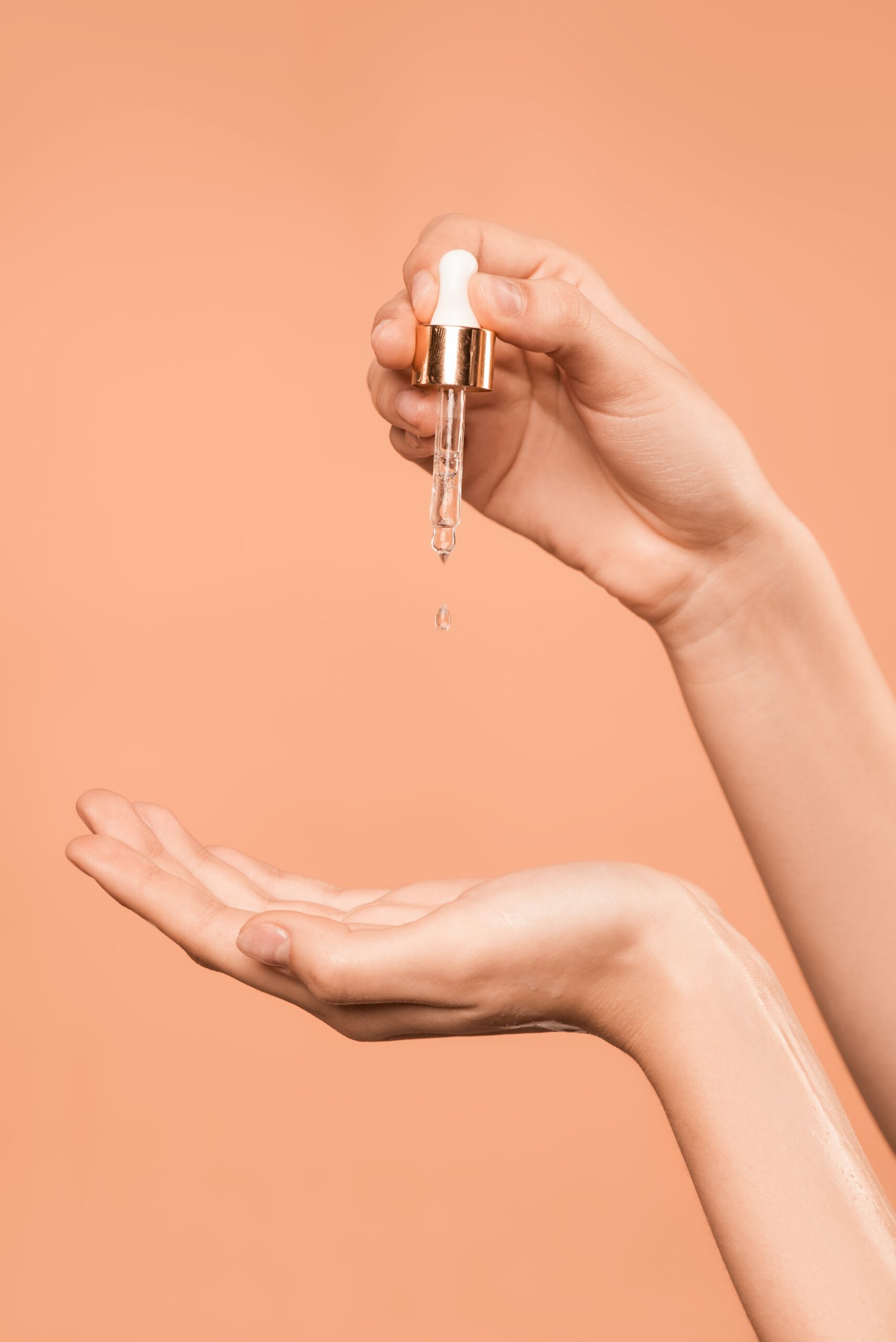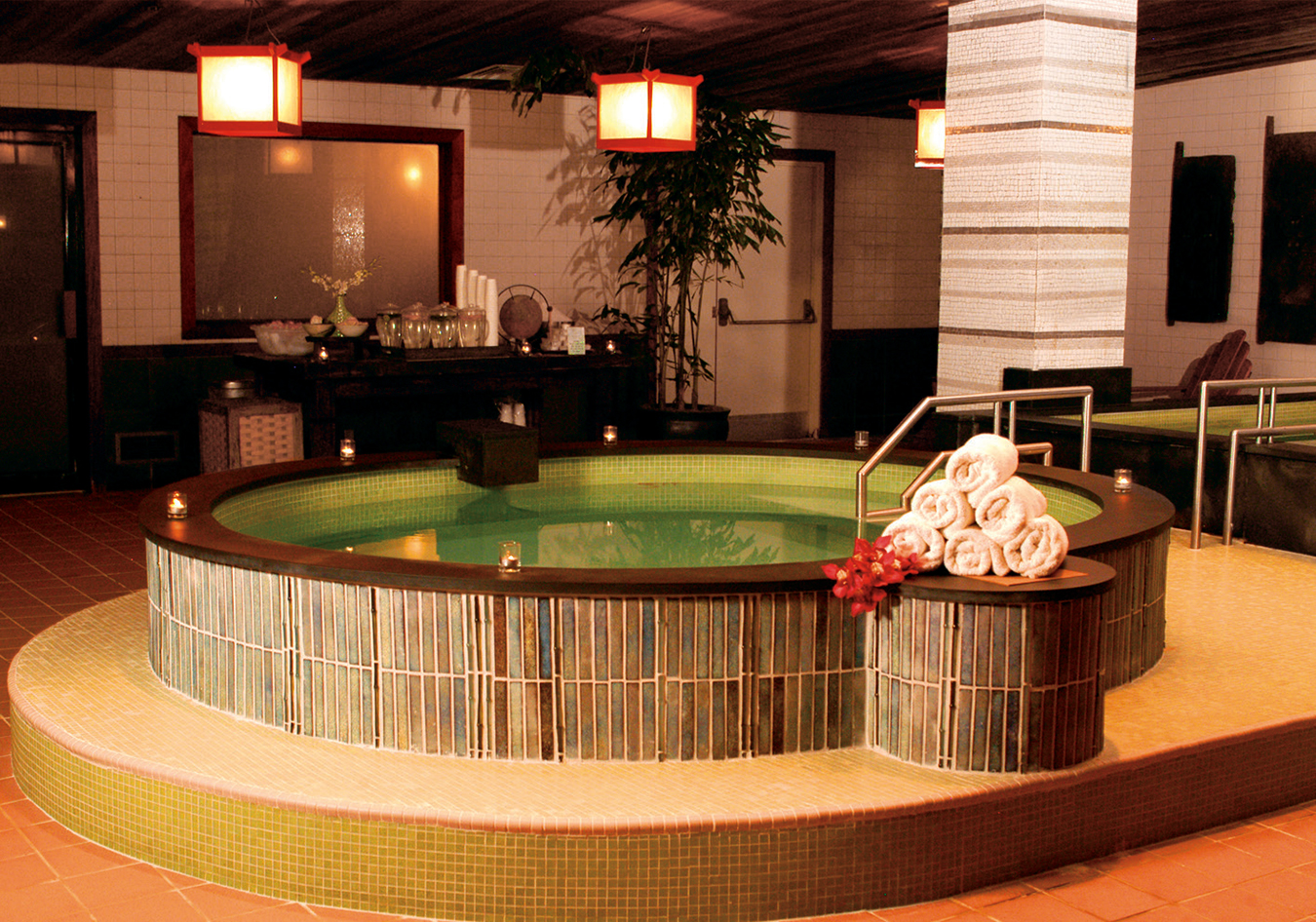Understanding Your Skin’s Needs Under Stress: Now Is the Time to Rethink Our Routines
Over-simplified.

Like all of us, I’m stressed. You can see it when you look at me. Not because my hair is frizzy and unbrushed (which it is) or because I haven’t put together a decent outfit in months (which I haven’t), but because my skin is a mess.
All the luxury skin care in the world couldn’t help calm my skin—no amount of exfoliation, deep-cleansing charcoal mud masks, or clarifying and correcting serums. My go-to products have become less effective almost overnight; they are making me blotchy when I apply them. And looking at my overflowing skin-care basket, for the first time since I was a teenager, I have no idea how to use the products to fix my problem.
Around the same time my skin woes started, articles about stressed skin in isolation were appearing all over the internet. Scrolling through them, I felt both seen and overwhelmed. The general consensus was, keep it simple. But between the lines of that messaging was listed a series of terms that may be commonplace in beauty writing today, but in my experience haven’t yet made it into the individual consumer’s lexicon—terms not at all simple.
Words like free radicals, antioxidants, and so many acids that I can’t keep track any more have become the earmarks of modern beauty terminology and remind us that there is a science to skin care.
Using the available science, for those willing to put in the time to understand it, is the best approach to creating an arsenal of products from different brands that is perfectly tailored to your skin’s needs. The chemical ramifications of our products are easy to discern—all the information is available online. If you have the patience, you can easily curate chemicals for best results, but it takes research, dedication, and diligence. There is also unavoidably going to be trial and error.
In theory, individual skin-care brands have already done this trial and error work for you, and each product in that range can and should be used in tandem. They are designed to be perfectly layer-able and effective. That’s their argument anyway. But how much of this is down to marketing?
There are two simultaneous and largely divergent movements happening in beauty and skin care. In one, we are moving away from brand messaging and pretty pictures to a pared-back research-based approach to marketing beauty. It is evident in the packaging (just look at millennial skin-care darlings Drunk Elephant and the Ordinary).
On the other hand, there is a shift toward the natural ingredient, wellness-minded, less-is-more product approach adopted by brands like Juice Beauty, RMS, and Sangre de Fruta. The two camps are difficult to reconcile, and both will argue that you should be using one or the other. Some even say you should dedicate yourself to a mono-brand routine.

Will handing your skin over to a single brand’s products have better results than using targeted products from different brands? The easy answer is: yes and no. There are pros and cons to each approach.
As a beauty writer I can’t be a brand loyalist, and in truth I think it would be a very limiting and reductive way to approach your skin care. However, when desperate times hit, and my bathroom counter became a chaotic product graveyard, I rolled my routine back to the least common denominator. I used five products (cleanser, toner, eye serum, spot treatment, moisturizer) from one brand, and while I didn’t see instant results, I saw slow and steady improvement day by day.
A lot of people tend to switch up brands because they get pulled in by marketing hype and are promised instant results. They get those results at first, but when that stops being so prevalent, users think their skin has become accustomed to the product and move onto the next hyped-up thing. It’s a cycle we all fall victim to as we strive for some sort of idyll—a world with Instagram-filter skin for everyone.
The best way to approach skin care is to play the long game and accept that you will change. Ingredients can lose their effectiveness over time, but that is because cosmetics are not made with indefinite shelf lives—especially, those that are 100 per cent natural. Keep them out of direct sunlight (or light in general if you can) and at room temperature to prevent the active ingredients from degrading.
If the product is still within its shelf life, but you stop seeing results, celebrity, aesthetician, and skin-care expert Renée Rouleau warns that this may be confirmation bias. She writes on her blog, “what can happen with people is their skin can reach a visible plateau where they forget what their skin looked like before they started using new products.” Your skin can’t become immune or build up tolerance to a product (unless it’s a prescription retinoid). Brightening and exfoliating products just see very fast results, and your perception of your face changes.
Just because my mono-brand routine is working for me now doesn’t mean it will work forever. If this time in isolation has taught us anything, it is that your skin can change on a dime and react to the slightest stress in unexpected ways.
It is important to keep an eye on your skin and how it reacts in different seasons and scenarios. Whether you address these changes with a combination of brands or a commitment to one will be down to personal preference: beyond marketing, which brands’ ethos, ingredients, and formulations you prefer.
Dermatologists can offer advice to magazine readers based on science—skin needs this and doesn’t need that—but when your skin is in crisis, there is no substitute for sitting down and explaining your specific situation to them one-on-one. And with the advances of the internet, there are plenty of opportunities to make these appointments virtually. Show them your current routine and allow them to make small changes; you shouldn’t have to reinvent the wheel to heal your skin from stress.
Arguably, the most important thing you can change is to alleviate the offending stressors that caused the outbreaks in the first place. I’ve ditched the makeup and am keeping my self as calm as possible. At the end of the day, that’s all you can do. Deep breaths.
________
Never miss a story. Sign up for NUVO’s weekly newsletter here.




